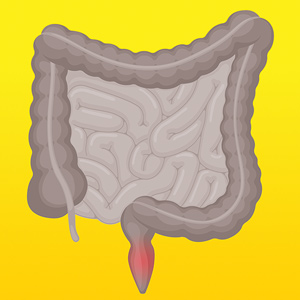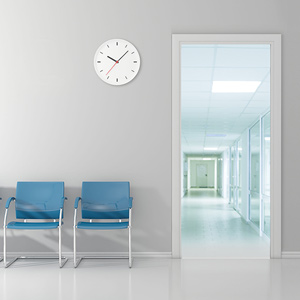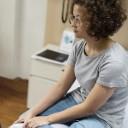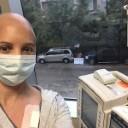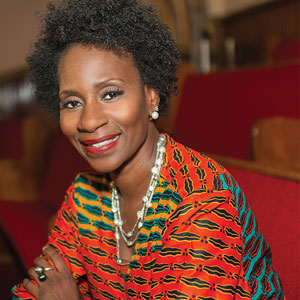Colorectal Cancer
-
Healthy Habits
An Alternative to MeatAre new plant-based meat alternatives a better way to satisfy burger cravings?
by Erin O’Donnell
-
Healthy Habits
Daily DoseAspirin can be taken daily to reduce the risk of colorectal cancer, but it's not recommended for everyone.
by Bradley Jones
-
Forward Look
A Strategy to WatchSome rectal cancer patients may safely avoid life-altering surgery.
by Kristine Conner
-
Cancer Did Not Cancel Our Plans
After her husband’s diagnosis with metastatic cancer, Miriam Díaz-Gilbert made it her goal to keep him moving.
by Miriam Díaz-Gilbert
-
Colorectal Cancer Screenings at Home
Stool-based tests could increase access to colorectal cancer screening.
by Jen Tota McGivney
-
Worth the Wait
Neoadjuvant therapy—using treatments such as chemotherapy, hormone therapy or radiation to shrink a tumor or treat unseen metastases before surgery—can improve outcomes for some patients.
by Sharon Tregaskis
-
A Modern Family
My diagnosis with colorectal cancer at age 32 affected my fertility. As a result of my experiences, I help others who have been diagnosed with cancer understand their choices related to fertility preservation and their options for becoming a parent.
by Allison Rosen
-
Why Are Early-Onset Cancers Rising?
Some cancers that are most commonly diagnosed in older adults are becoming increasingly prevalent in young adults.
by Kate Yandell
-
Facing Cancer and a Pandemic at the Same Time
Cancer patients and their families share stories of fear, love and uncertainty as they find new ways to support each other.
by Jen Tota McGivney
-
Survivor Profile
A Sister’s CircleSchool counselor Diane Nathaniel creates communities for herself and those around her in Brooklyn and beyond. Her cancer diagnosis led her into patient advocacy.
by Marci A. Landsmann



